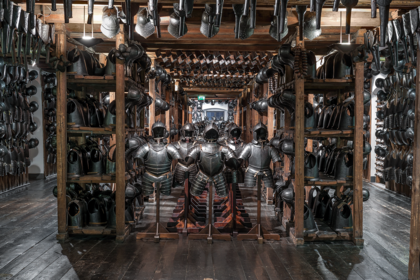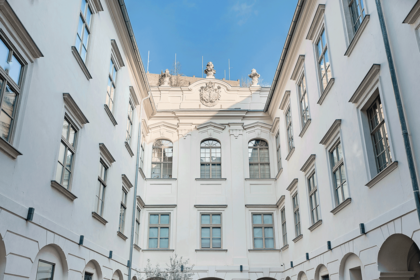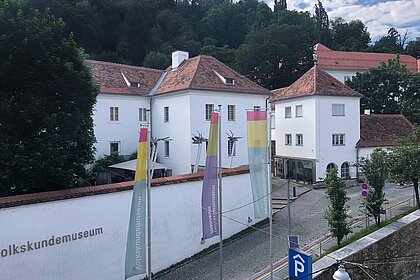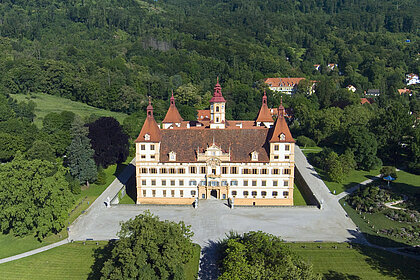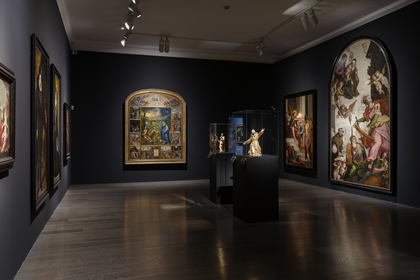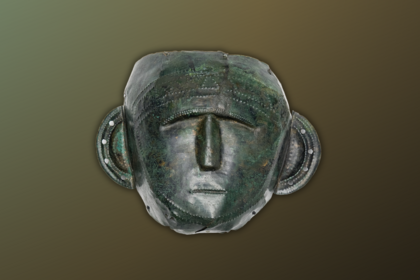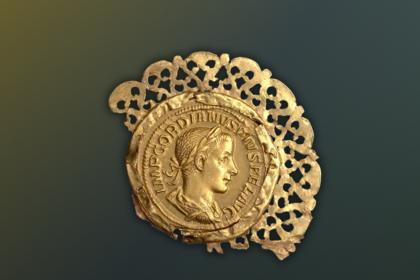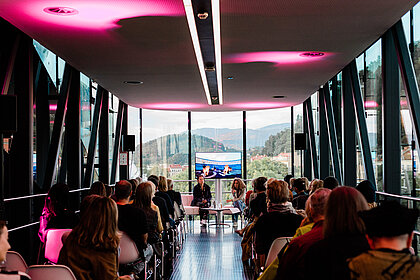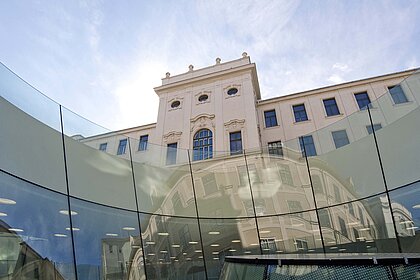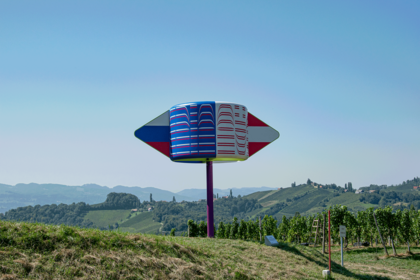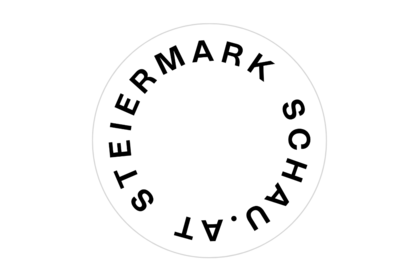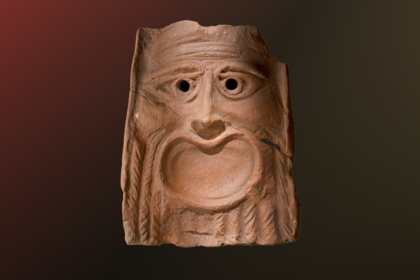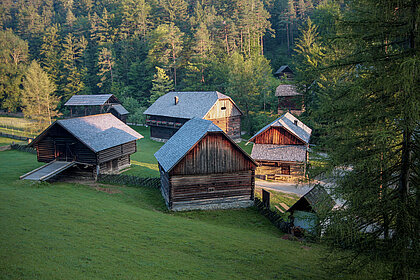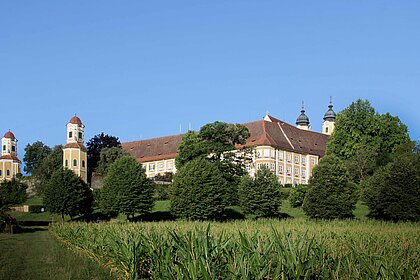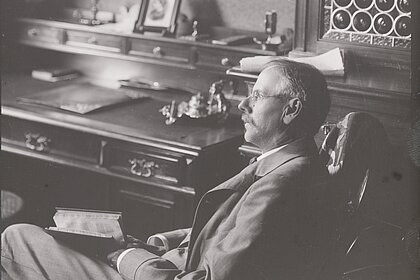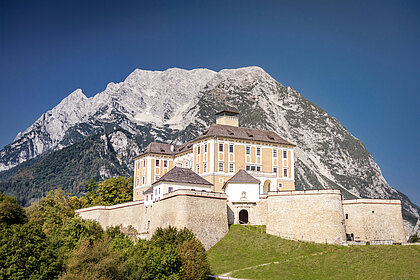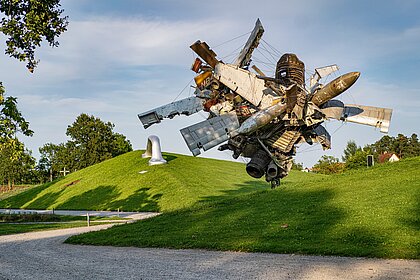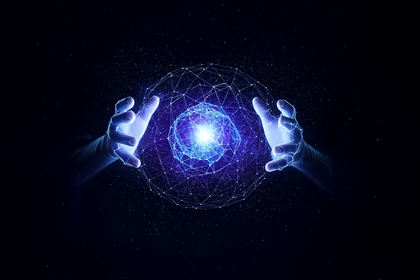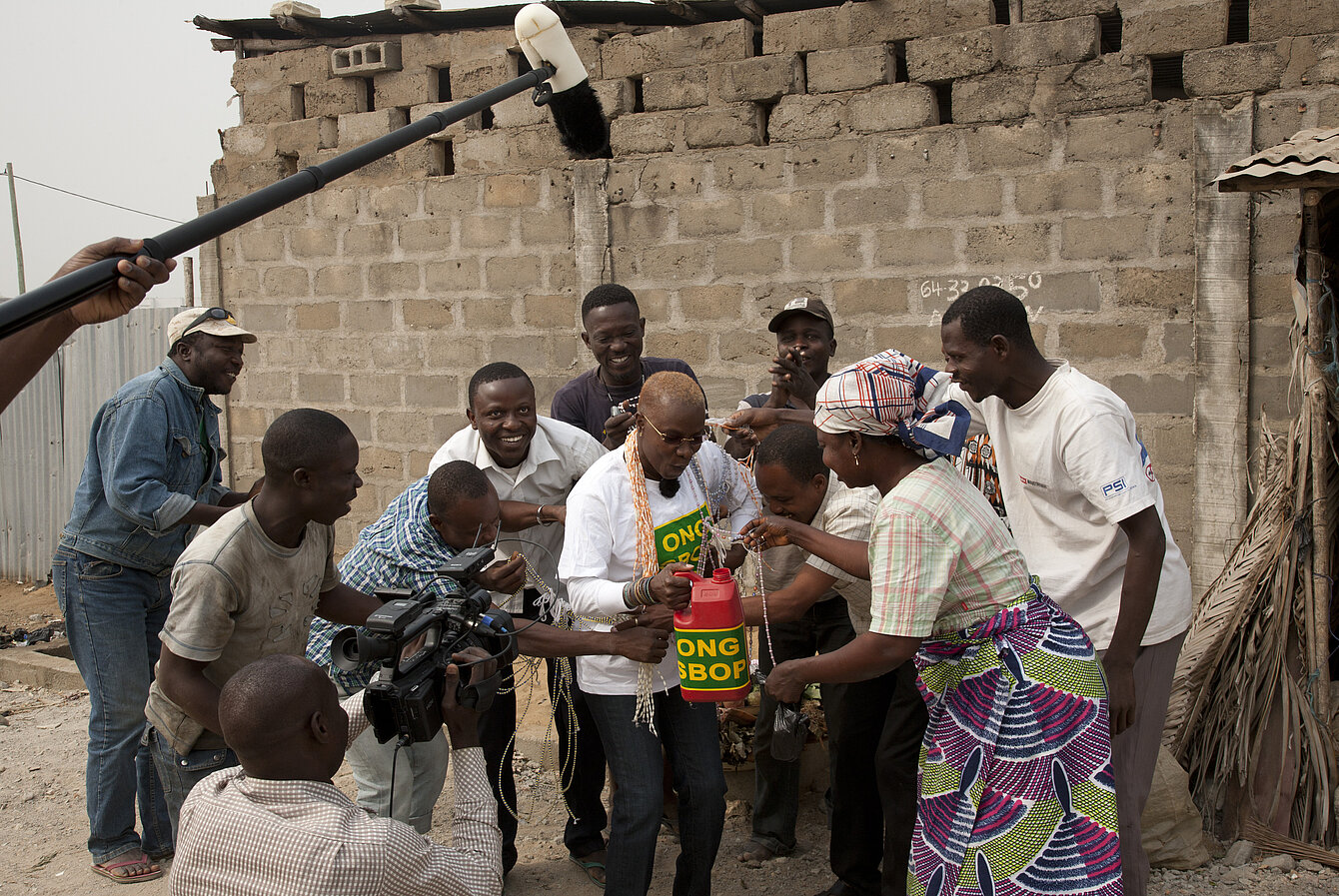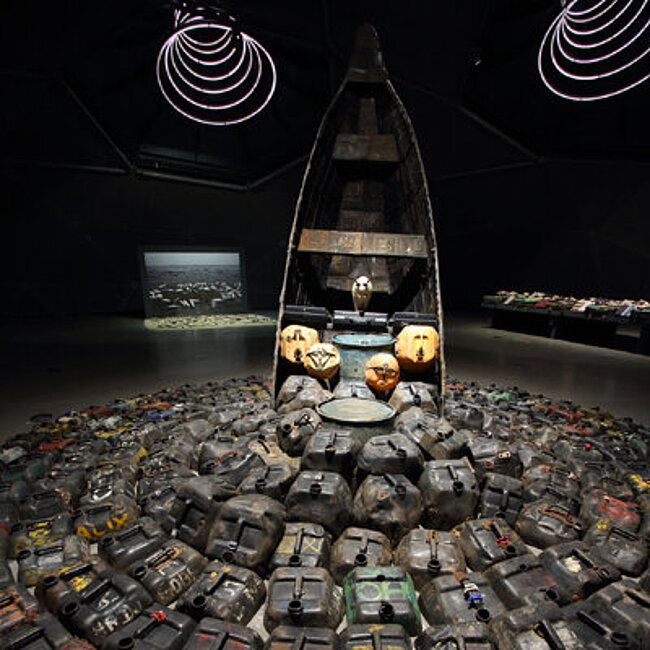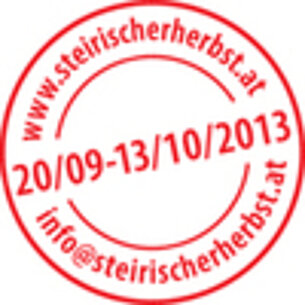The shifting of the term ‘post-colonial’ to a fundamental critique of the modern knowledge system and of the unifying discourse of Western rationalism results in modernity being qualified as a determining element. At present we are observing the emergence of an art that lays claim to global contemporaneity without borders or history – ‘modern’ is exchanged for ‘contemporary’. Given that contemporary art touches on problems that are of relevance worldwide, it has to be described as fundamentally global. The origin of an artist is relativised, and the question that becomes key is where an artist finds his audience.
The African artist Romuald Hazoumè founded the NGO Beninese Solidarity with Endangered Westerners with the aim of helping impoverished people in Europe. In so doing, he intervenes suddenly in this thick web of discourse, opening up an entirely new perspective. The hegemonic, euro-centric cultural claim is thereby cancelled, as are the accompanying political and social dynamics. This notion of reversing conditions, as Romuald Hazoumè plans it in his project at the Kunsthaus Graz, opens up unusual perspectives in the context of post-colonial discourse.
